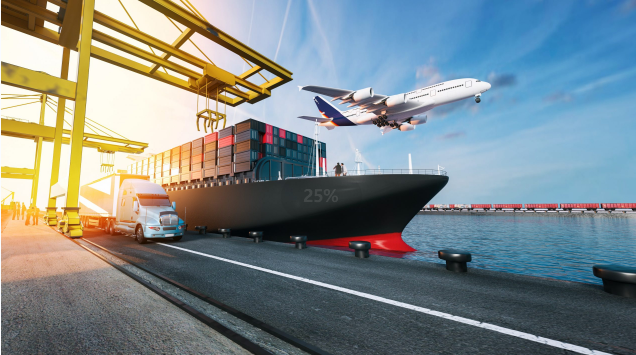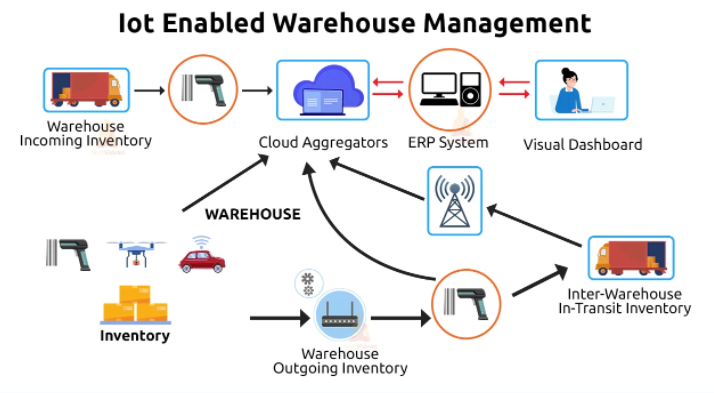How BRICS Nations are Leveraging Internet and Technology to Boost E-commerce Logistics
Exploring the Role of Internet and Technology in Enhancing E-commerce Logistics in BRICS Nations
The BRICS nations, an acronym for Brazil, Russia, India, China, and South Africa, are leveraging the power of the internet and technology to boost e-commerce logistics. This strategic move is aimed at enhancing the efficiency of their supply chains, improving customer service, and ultimately driving economic growth.

The internet has revolutionized the way businesses operate, and the BRICS nations are no exception. With the advent of e-commerce, these countries have seen a surge in online shopping, necessitating the need for efficient logistics systems. The internet has made it possible for businesses to reach a wider customer base, track orders in real-time, and offer a variety of payment options. This has not only improved customer experience but also increased sales for businesses.
Artificial Intelligence (AI) and Machine Learning (ML)
In addition to the internet, technology plays a crucial role in enhancing e-commerce logistics. For instance, the use of artificial intelligence (AI) and machine learning (ML) in logistics management has significantly improved efficiency. These technologies enable businesses to predict demand, optimize routes, and manage inventory, thereby reducing costs and improving service delivery.
In China, for instance, Alibaba, the e-commerce giant, uses AI and ML to predict customer demand and manage its inventory. This has enabled the company to reduce its delivery times and improve customer satisfaction. Similarly, in India, e-commerce companies like Flipkart and Amazon are using technology to optimize their delivery routes, thereby reducing delivery times and costs.
Blockchain Technology
Moreover, the use of blockchain technology in logistics is gaining traction in the BRICS nations. Blockchain provides a secure and transparent platform for recording transactions, making it easier for businesses to track and trace goods. This not only enhances the security of the supply chain but also improves the efficiency of logistics operations.
In Brazil, for example, the government has launched a blockchain-based platform for tracking goods in transit. This has not only improved the transparency of the supply chain but also reduced the incidence of fraud and theft. Similarly, in Russia, the government is exploring the use of blockchain technology to improve the efficiency of its logistics sector.
IoT
Furthermore, the BRICS nations are leveraging the power of the internet of things (IoT) to enhance their e-commerce logistics. IoT devices, such as GPS trackers and RFID tags, enable businesses to monitor their goods in real-time, thereby improving the efficiency of their supply chains.
In South Africa, for instance, companies are using IoT devices to track their goods, monitor their condition, and predict delivery times. This has not only improved the efficiency of their logistics operations but also enhanced customer satisfaction.

In conclusion, the BRICS nations are leveraging the power of the internet and technology to boost their e-commerce logistics. By embracing AI, ML, blockchain, and IoT, these countries are not only improving the efficiency of their supply chains but also enhancing customer service and driving economic growth. As the e-commerce sector continues to grow, the role of the internet and technology in enhancing logistics will become even more critical.


